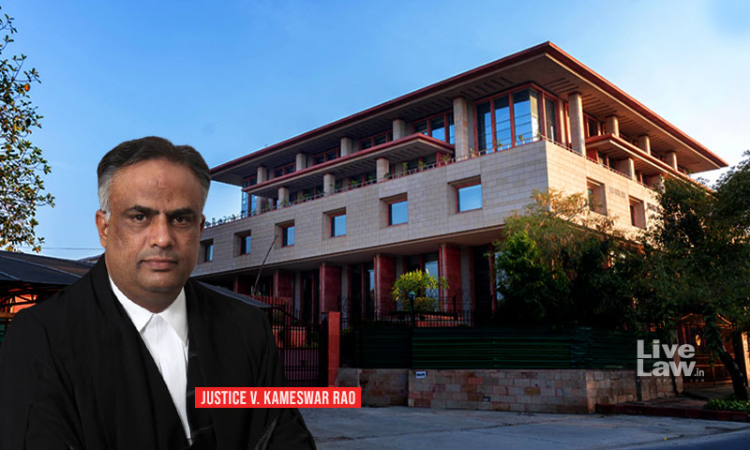Moratorium Under Companies Act, 2013, Parties Cannot Be Referred To Arbitration: Delhi High Court
Parina Katyal
22 Dec 2022 9:30 PM IST

Next Story
22 Dec 2022 9:30 PM IST
The Delhi High Court has ruled that the moratorium granted by the National Company Law Appellate Tribunal (NCLAT), staying the institution of suits and proceedings against the Corporate Debtor, after the resolution process is initiated against it under Sections 241 and 242 of the Companies Act, 2013, is akin to an order of moratorium passed under Section 14 of the Insolvency and...
